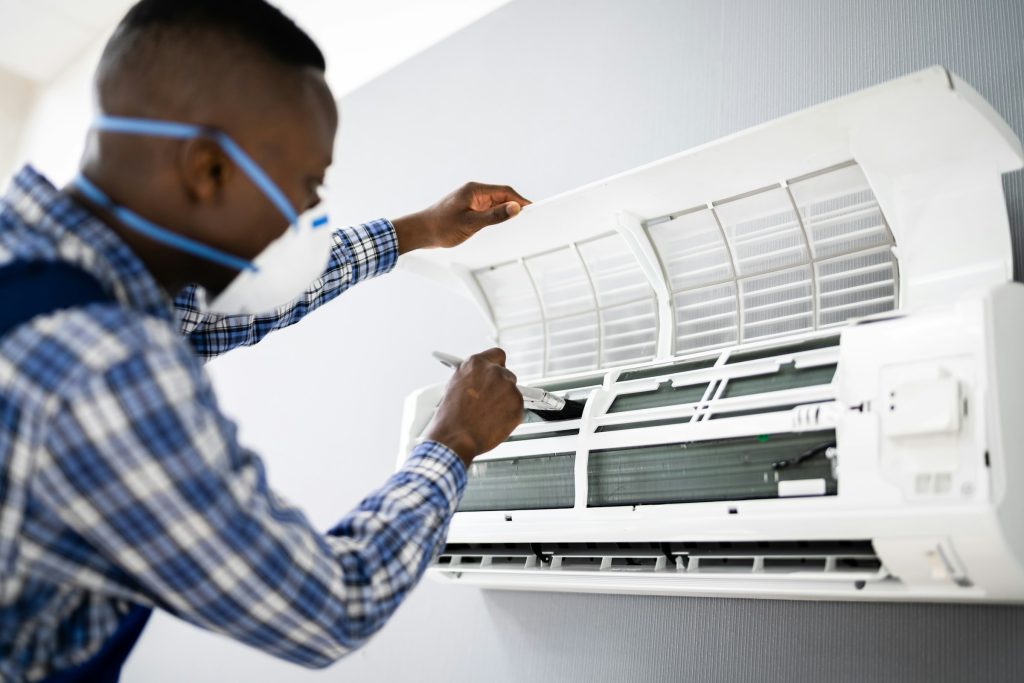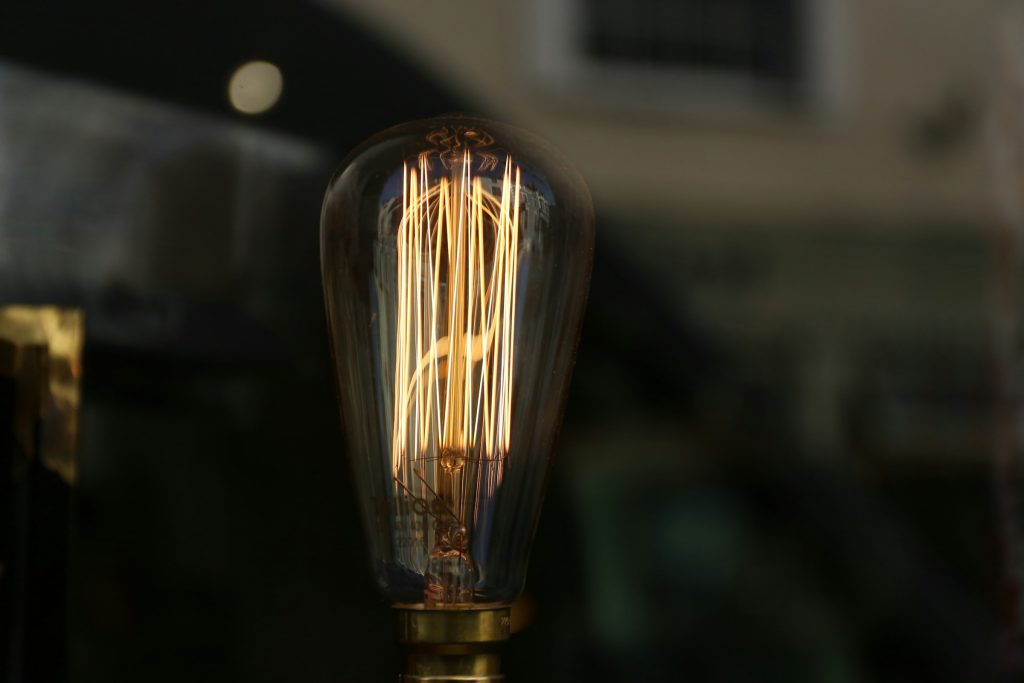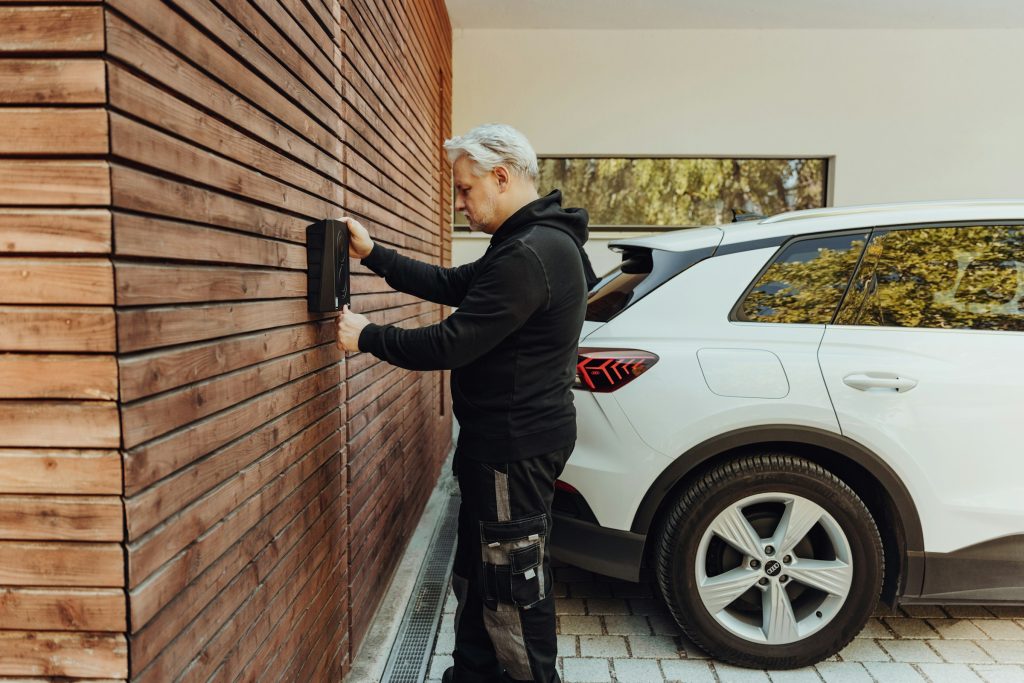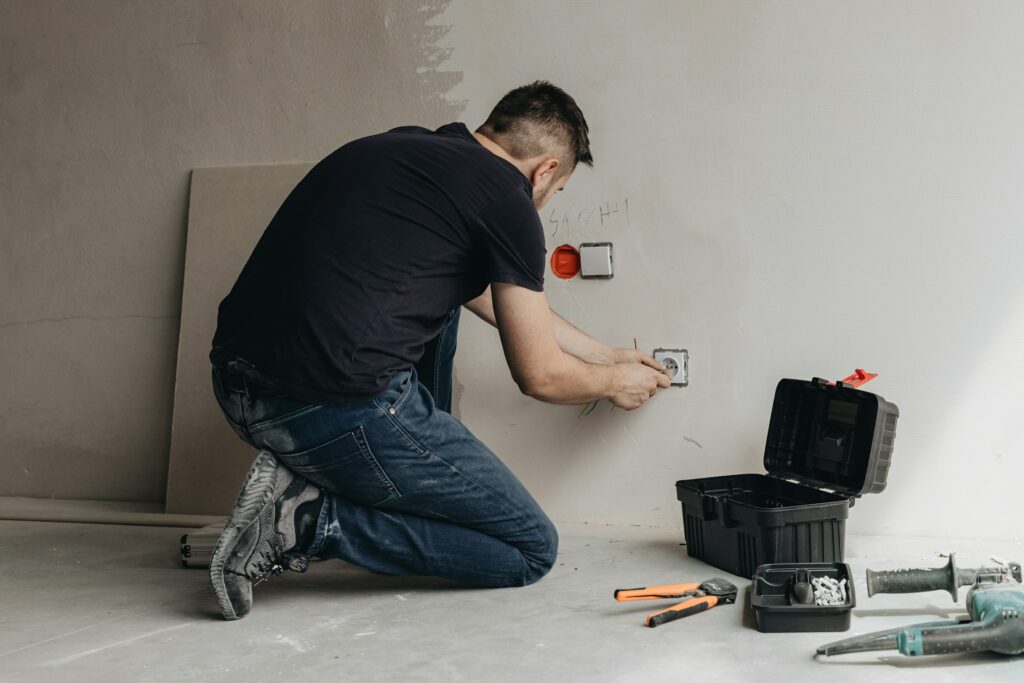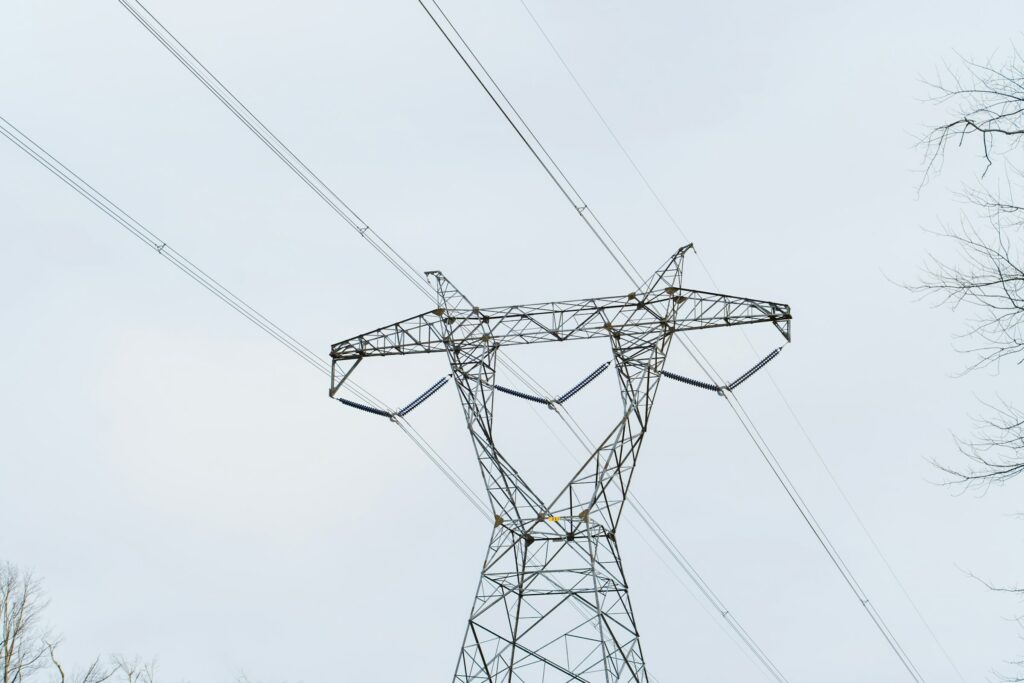Have you ever wondered what stands between a regular night’s sleep and a potentially life-threatening situation? The answer is simple yet powerful: a smoke detector. But really, how important are these small, often overlooked devices in our homes?

Why Smoke Detectors are Non-Negotiable in Home Safety
The Startling Statistics: A Reality Check
Let’s dive into some numbers that highlight the crucial role of smoke detectors. Did you know that if every home in the United States had a working smoke alarm, deaths from home fires could drop by a staggering 36%? It translates to about 890 lives saved every year. It’s not just about having a smoke detector; it’s about having one that works. Unfortunately, issues like dead batteries are responsible for 24% of smoke alarm failures.
Hard-Wired vs. Battery-Powered: A Performance Face-Off
When considering the installation of smoke detectors in your home, you have two main options: hard-wired and battery-powered. Each type has its distinct features and advantages.
Hard-Wired Smoke Detectors
- Power Source: Hard-wired smoke detectors are connected directly to your home’s electrical system and typically include a backup battery for power outages.
- Reliability: They are considered more reliable as they draw power from your home’s electrical system. The backup battery ensures operation during power outages.
- Installation: Installation requires professional expertise since these detectors need to be integrated into your home’s electrical wiring system.
- Interconnectivity: Hard-wired detectors can be interconnected, so if one detector is triggered, all connected alarms sound, providing a comprehensive alert system throughout your home.
- Maintenance: While they might be more challenging due to their connection to the electrical system, they offer more stable and continuous protection.
- Compliance: Hard-wired detectors are often required in new constructions and may be more likely to comply with certain safety standards like NFPA 72.
Battery-Powered Smoke Detectors
- Power Source: These detectors operate solely on batteries, making their placement more flexible as they don’t need to be wired into the electrical system.
- Reliability: Their reliability depends on the battery life, and they typically require more frequent battery replacements.
- Installation: They are easier to install and can be done without professional help, making them a more convenient option for many homeowners.
- Interconnectivity: Typically, battery-powered smoke detectors are stand-alone devices. However, some modern wireless models can be interconnected through Wi-Fi systems.
- Maintenance: Maintenance primarily involves regular battery checks and replacements, which the homeowner can do easily.
- Cost-Effectiveness: They are generally less expensive initially but may incur higher long-term costs due to battery replacements.
Choosing the Right Option
The choice between hard-wired and battery-powered smoke detectors depends on various factors, such as your home’s infrastructure, ease of installation, maintenance preferences, and budget.
Hard-wired detectors offer more reliability and a comprehensive safety network, especially in larger homes, but require professional installation and maintenance. Battery-powered detectors, on the other hand, offer ease of installation and maintenance, making them a good choice for smaller homes or apartments.
Remember, the most crucial aspect of smoke detectors is their operational status. Whichever type you choose, regular testing and maintenance are key to ensuring they function correctly when needed.
Types of Smoke Detectors: A Quick Guide
Ionization Smoke Detectors
Ionization smoke detectors are particularly effective in detecting fast-flaming fires. These detectors contain a small amount of radioactive material between two electrically charged plates, which ionizes the air and creates a current. When smoke disrupts this current, the alarm is triggered.
However, they are less effective in detecting smouldering fires and can be more prone to false alarms due to their high sensitivity to small smoke particles.
Photoelectric Smoke Detectors
On the other hand, photoelectric smoke detectors are adept at sensing smouldering fires, which often produce larger smoke particles. These detectors use a light source and a sensor; when smoke enters the chamber, it scatters the light beam, which triggers the alarm.
They are less likely to cause false alarms from cooking smoke or steam than ionization detectors.
Dual-Sensor Smoke Detectors
For comprehensive fire protection, dual-sensor smoke detectors combine ionization and photoelectric technologies. These detectors provide balanced detection for fast-flaming and smouldering fires, making them versatile for home safety.
Smart/Wireless Smoke Detectors
In advanced home safety, smart smoke detectors offer connectivity features, such as alerts to your phone and integration with home automation systems. They can be interconnected to ensure that if one alarm goes off, they all do, alerting the entire home of potential danger.
Selection and Maintenance
No matter the type of smoke detector, regular maintenance is essential. Testing them monthly and replacing them every 10 years is recommended to ensure maximum effectiveness. If you have a hard-wired system, it should have a backup battery that needs checking and replacing as necessary.
Installation and Maintenance: Getting it Right
Location, Location, Location!
Test Regularly, Replace Batteries Annually
Testing your smoke detectors monthly and replacing batteries at least once a year are non-negotiables for ensuring functionality.
When to Say Goodbye?
Smoke detectors don’t last forever. They typically have a lifespan of 10 years. After that, they should be replaced to ensure they’re functioning correctly.
The Bigger Picture: Protecting Your Home
Interconnected Alarms: A Symphony of Safety
In larger homes, interconnected smoke detectors can be a game-changer. When one alarm senses smoke, all alarms in the house go off, ensuring that you’ll be alert no matter where you are.
A False Sense of Security: Dealing with False Alarms
Understanding False Alarms
- Smoke Detector Types: There are two types of smoke detectors – ionization and photoelectric. Ionization detectors are more sensitive to fast-burning fires, while photoelectric detectors are better at detecting slow-burning, smouldering fires. Combination detectors that use both technologies can offer a higher level of accuracy.
- Common Causes: False alarms can be triggered by various factors, including dust accumulation, steam from cooking, environmental factors like humidity, insect infestations, sensitivity issues, and malfunctioning batteries or electrical connections.
Strategies to Reduce False Alarms
- Regular Maintenance: Regular testing and cleaning are crucial. Test your smoke detectors monthly using the test button. Replace batteries at least once a year, and clean the detectors to remove dust and debris that might interfere with their sensors.
- Appropriate Placement: Install smoke alarms away from heat sources and at least 10 feet from cooking appliances to minimize false alarms caused by normal kitchen activities. Also, consider the distance from air returns to avoid dusty air blowing through the alarm.
- Adjust Sensitivity: If your detector is too sensitive, you can try relocating it, cleaning it thoroughly, or adjusting the sensitivity if it’s a programmable model. For adjustments, refer to the manufacturer’s instructions to avoid reducing the detector’s effectiveness in detecting smoke.
- Upgrade Your System: Older smoke alarms may become less reliable over time. Upgrading to newer models, particularly smart smoke detectors, can enhance reliability and reduce false alarms. These newer models often come with features like photoelectric sensors and improved detection capabilities.
- Handling Cooking-Related False Alarms: Ensure proper kitchen ventilation, consider the positioning of smoke detectors relative to cooking areas, and use lids and splatter guards to contain smoke. If false alarms persist, consider installing heat detectors or a combination of heat and smoke detectors in the kitchen.
- Professional Maintenance: For complex issues or adjustments beyond basic maintenance, consulting a professional technician can ensure your smoke detectors are properly serviced and functioning optimally.
Frequently Asked Questions:
How many smoke detectors do I need in my home?
Ideally, one in every bedroom, plus additional units in living areas and on every floor.
What’s the difference between ionization and photoelectric smoke detectors?
Ionization detectors are better at detecting fast-flaming fires, while photoelectric are more sensitive to smouldering fires.
In Conclusion
Smoke detectors are like silent guardians – unobtrusive yet always on the lookout. They don’t just protect your property; they save lives. Installing and maintaining them might seem like a chore, but it’s a small price to pay for the safety and peace of mind they provide. After all, isn’t your well-being and your loved ones worth that extra effort?

